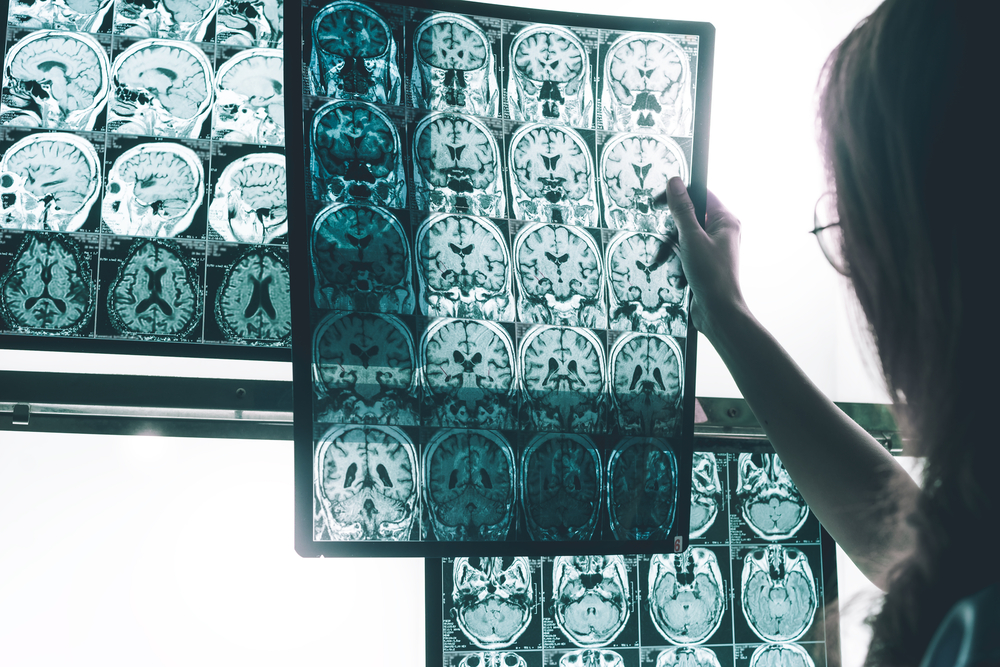Did you know that Alzheimer’s disease accounts for more than 60% of dementia cases worldwide? While this condition typically impacts individuals 65 and older, Alzheimer’s can affect individuals as young as 30.
The reality of Alzhiemer’s disease is that it is a prevalent cause of death not only in the US but throughout the world. But prevalent problems require sustainable solutions, especially when someone’s life is at risk–and that is where stem cell activation comes in!
Stem Cells to Treat Alzheimer’s Disease
While there is no known cure to Alzheirmer’s disease (yet), stem cell activation specialists are making strides to slow down inflammatory degenerative neurological processes through regenerative medicine.
As a unique approach to slowing down the impact of Alzheimer’s, stem cell activation involves the intravenous introduction of Cellular paracrine signals into the bloodstream to assist with finding and halting cellular pathways of inflammation. Alzheimer’s disease falls within a group of inflammatory diseases affecting the brain and its functions, so addressing that inflammation is a key target of regenerative medicine.
While the potential to slow down the progression of Alzheimer’s disease is exciting, perhaps the most promising benefit of stem cell activation is the prospect of regenerating damaged neurons to reverse the impact of Alzheimer’s altogether.
POTENTIAL HEALTH BENEFITS OF Mesenchymal Stem Cells (MSCs)
MSCs are most commonly found in human bone marrow. While everyone has MSCs, these stem cells are dormant until the body needs them to heal. Unfortunately, MSCs in the body decrease with age and lose effectiveness with time.
But when mesenchymal stem cells are awakened through an IV activating message, they stimulate the body to combat inflammatory and degenerative change with fresher, younger, and more active cells. The impact? A wide range of potential health benefits for Alzheimer’s patients, such as:
- Neuron regeneration
- Damaged cell replacement
- Enhanced functional memory
- Overall functional recovery
While the use of regenerative medicine to help addressAlzheimer’s disease is still in the early stages, research strongly suggests that stem cell activation is the future of helping a wide range of conditions, including inflammatory degenerative conditions such as Alzheimer’s.
THE FUTURE OF MEDICINE IS NOW, THE FUTURE OF MEDICINE IS STEM CELL ACTIVATION!
At ReCELLebrate, we help you take control of your wellness through regenerative medicine. As a promising alternative to traditional Alzheimer’s treatments, stem cell activation may assist with reversing inflammatory damage to the brain and nervous system commonly caused by Alzheimer’s and other chronic degenerative diseases.
If you think that stem cell activation may be right for you or your loved one then get in touch with a stem cell activation specialist today to chat about your options!

